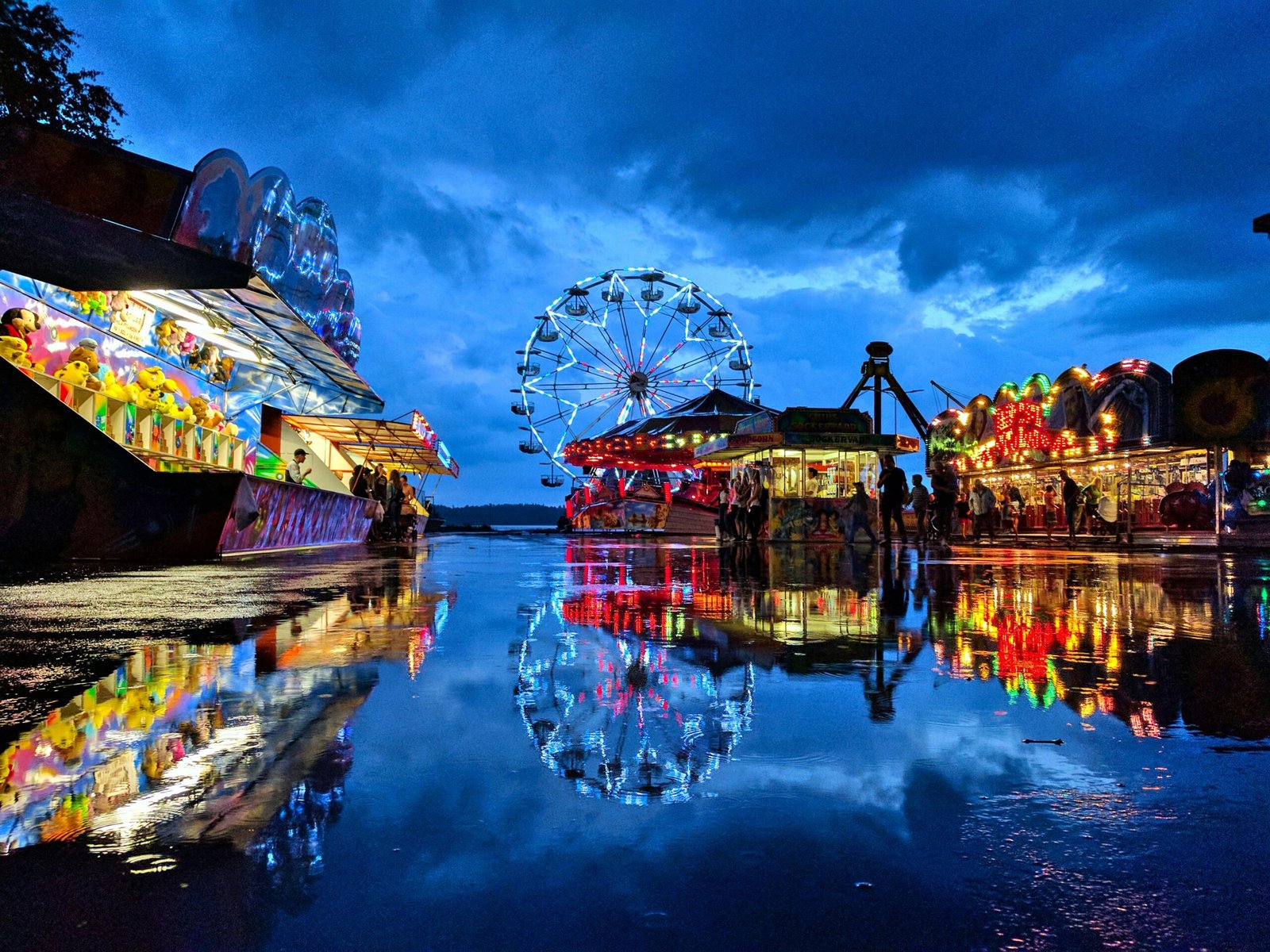Cultural Festivals: Celebrating Diversity and Tradition
Cultural festivals are vibrant celebrations that highlight the unique traditions and heritage of different communities around the world. They serve as platforms for people to come together, express themselves, and share their cultural richness with others. These festivals hold immense significance, not only for the communities directly involved but also for fostering understanding, appreciation, and respect for diverse cultures globally. Let’s delve into the essence of cultural festivals, and their importance, and explore some notable examples from around the world.
Significance of Cultural Festivals:
Cultural festivals are integral to preserving and promoting traditions, customs, and rituals that define a community’s identity. They serve as repositories of cultural heritage, passing down stories, values, and practices from one generation to the next. By participating in these festivals, individuals reconnect with their roots, strengthening their sense of belonging and identity.
Moreover, cultural festivals play a crucial role in fostering social cohesion and unity within communities. Regardless of background or differences, people come together during these celebrations, forming bonds and building bridges across cultural divides. Through shared experiences, participants gain insights into other cultures, fostering empathy, understanding, and mutual respect.
Additionally, cultural festivals contribute to the local economy by attracting tourists, supporting local artisans, and promoting cultural tourism. They showcase indigenous arts, crafts, music, and cuisine, providing a platform for artists and performers to showcase their talents while preserving traditional craftsmanship and cultural expressions.
Notable Cultural Festivals Around the World:
- Diwali (India): Diwali, also known as the Festival of Lights, is a major Hindu festival celebrated worldwide. It represents the triumph of good over evil and lights over darkness. During Diwali, homes and public spaces are adorned with lamps, fireworks light up the sky, and families come together to share sweets and gifts.
- Carnival (Brazil): Carnival in Rio de Janeiro is one of the largest and most famous festivals in the world. It is a spectacular showcase of music, dance, and elaborate costumes, with vibrant parades filling the streets for days leading up to Lent.
- Oktoberfest (Germany): Oktoberfest, held annually in Munich, Germany, is the world’s largest beer festival. Visitors from around the globe gather to enjoy traditional Bavarian music, food, and of course, beer, in massive beer tents.
- Chinese New Year (China): Chinese New Year, also known as the Spring Festival, is the most important traditional Chinese holiday. It is marked by family gatherings, feasting, dragon and lion dances, and fireworks to usher in good fortune and prosperity for the coming year.
- Holi (India): Holi, the Festival of Colors, is a joyous Hindu celebration that marks the arrival of spring. Participants engage in playful color fights, spraying each other with colored powders and water, symbolizing the triumph of good over evil and the arrival of a new season.
- Loy Krathong (Thailand): Loy Krathong is a Thai festival celebrated by floating decorated baskets, or krathongs, on waterways to honor the water goddess. It is accompanied by lantern-lit processions, traditional performances, and fireworks displays.
- Carnaval de Barranquilla (Colombia): The Carnaval de Barranquilla is Colombia’s most important folkloric celebration, featuring colorful parades, traditional dances, and music that blend African, Indigenous, and European influences.
- Songkran (Thailand): Songkran is the Thai New Year festival celebrated with water fights and street parties across the country. It symbolizes purification and renewal, with water used to wash away the past year’s misfortunes and welcome the new year with blessings.
- Mardi Gras (United States): Mardi Gras, or Fat Tuesday, is celebrated in New Orleans with lively parades, masquerade balls, and bead-throwing traditions. It is a festive culmination before the solemnity of Lent.
- Navratri (India): Navratri is a nine-night Hindu festival celebrated with fervor across India, dedicated to the worship of the goddess Durga. It involves fasting, prayer, and nightly performances of traditional music and dance, such as Garba and Dandiya Raas.
In conclusion, cultural festivals serve as vibrant expressions of human creativity, resilience, and connection. They provide a platform for communities to showcase their heritage, strengthen social bonds, and promote cross-cultural understanding. By celebrating diversity and tradition, these festivals enrich our lives, deepen our appreciation for different cultures, and remind us of the beauty of our shared humanity.


